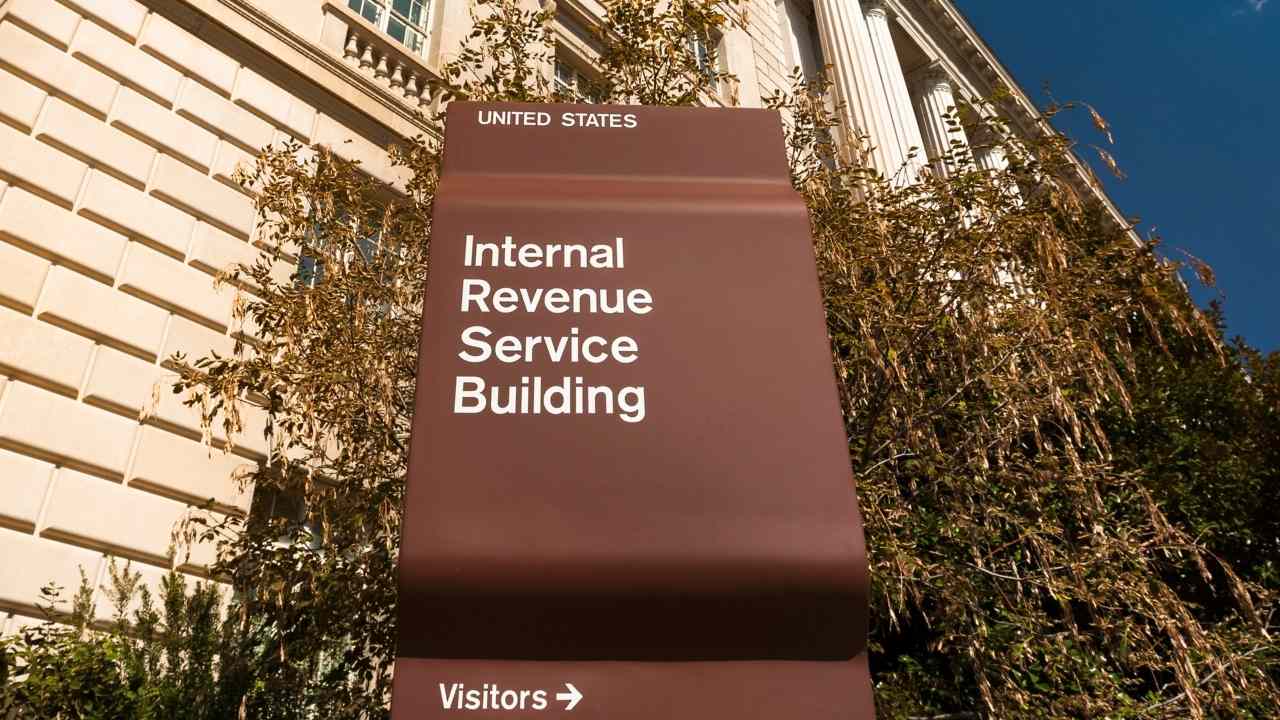The Internal Revenue Service (IRS) has confirmed the discontinuation of the Direct File pilot program after its single full season of operation in 2025. This free tool allowed taxpayers with simple tax situations to file their federal tax returns directly through the IRS website, without intermediaries.
The controversial decision means that, starting in 2026, this free, direct tax filing option will no longer be available to the millions of users who previously used it. If you’re one of those who used the Direct File option, here’s what’s coming for you afterward.
Government axes IRS Direct File: Higher costs for taxpayers
The Direct File program began as a test operation in 2024 and underwent several expansions in 2025, reaching taxpayers in 25 US states. According to data provided by the Treasury Department, more than 30 million people were eligible to use the platform during the last tax season, and nearly 300,000 taxpayers chose this method to file their returns.
An internal IRS report showed a high level of user satisfaction, with 94% rating their experience as “excellent” or, at least, “above average.” Despite this, the Donald Trump administration appears determined to eliminate it, much to the chagrin of taxpayers who have taken advantage of its benefits.
There’s still a free option to file your taxes
The elimination of Direct File disrupts the range of free options for filing federal taxes. IRS Commissioner Bill Long announced the program’s end during a tax professionals summit, declaring that “Direct File is no more.”
Long indicated that the agency’s resources and attention will now be focused on other priority areas, such as modernizing the tax system and conducting more efficient audits. The measure has generated mixed reactions from political quarters, with critics calling it unnecessary and costly, while advocates considered it key to democratizing access.
With the demise of Direct File, the IRS’s primary free-filing program remains the Free File Program. This program is the result of a collaboration between the IRS and private tax software companies, which offer free services to taxpayers who meet certain income requirements.
However, this system has significant limitations compared to Direct File, including specific income thresholds and restrictions that vary by state of residence, which reduces its accessibility for a broad segment of the population.
The lack of Direct File could force numerous taxpayers, even those with relatively simple tax returns, to incur costs they previously avoided.
Who’s affected with the IRS’ decision
These working-class Americans would have to choose between using paid tax preparation software or hiring the services of professional tax preparers. This change represents an additional financial hassle, particularly for low-income households who benefited from the free and simple nature of the eliminated system.
Direct File also provided a sense of transparency, trust, and affordability for taxpayers, and many may already be feeling uncertain about the costs the change will bring.
Are there any outstanding tax refunds? Here’s what the IRS says
The regular federal tax filing season for fiscal year 2024 ran from January 27 to April 15, 2025, with the possibility of an extension to October 15, 2025, for taxpayers who need it due to unusual circumstances.
Under normal circumstances, the IRS does not have a federal program that routinely distributes refunds during August or September 2025 for tax year 2024 returns.
Most refunds for returns filed electronically and requesting direct deposit are processed by the IRS in less than 21 days. For paper returns, this timeframe is significantly longer, potentially reaching 6 to 8 weeks.
So, the standard is that a taxpayer who filed their return during the main period (January through April) should expect to receive their refund between February and early June 2025.
Why does a tax refund take so long?
There are specific situations that could explain why you might receive a federal refund during August or September 2025. One is filing your original return very late, even without having requested a formal extension.
For example, a return accepted by the IRS on June 9 could see its refund deposited around August 8; one accepted on July 7 could result in a deposit around September 5. The IRS maintains its approximate processing time of approximately 21 days for electronic returns filed during the summer.
Refunds intended for taxpayers who filed Form 1040-X (Amended Tax Return) may also be delayed. Processing these amendments is considerably slower than processing original returns because it requires detailed manual review by the IRS.
Typical processing times for a 1040-X range from 8 to 12 weeks, but can occasionally extend to 16 weeks or more.







